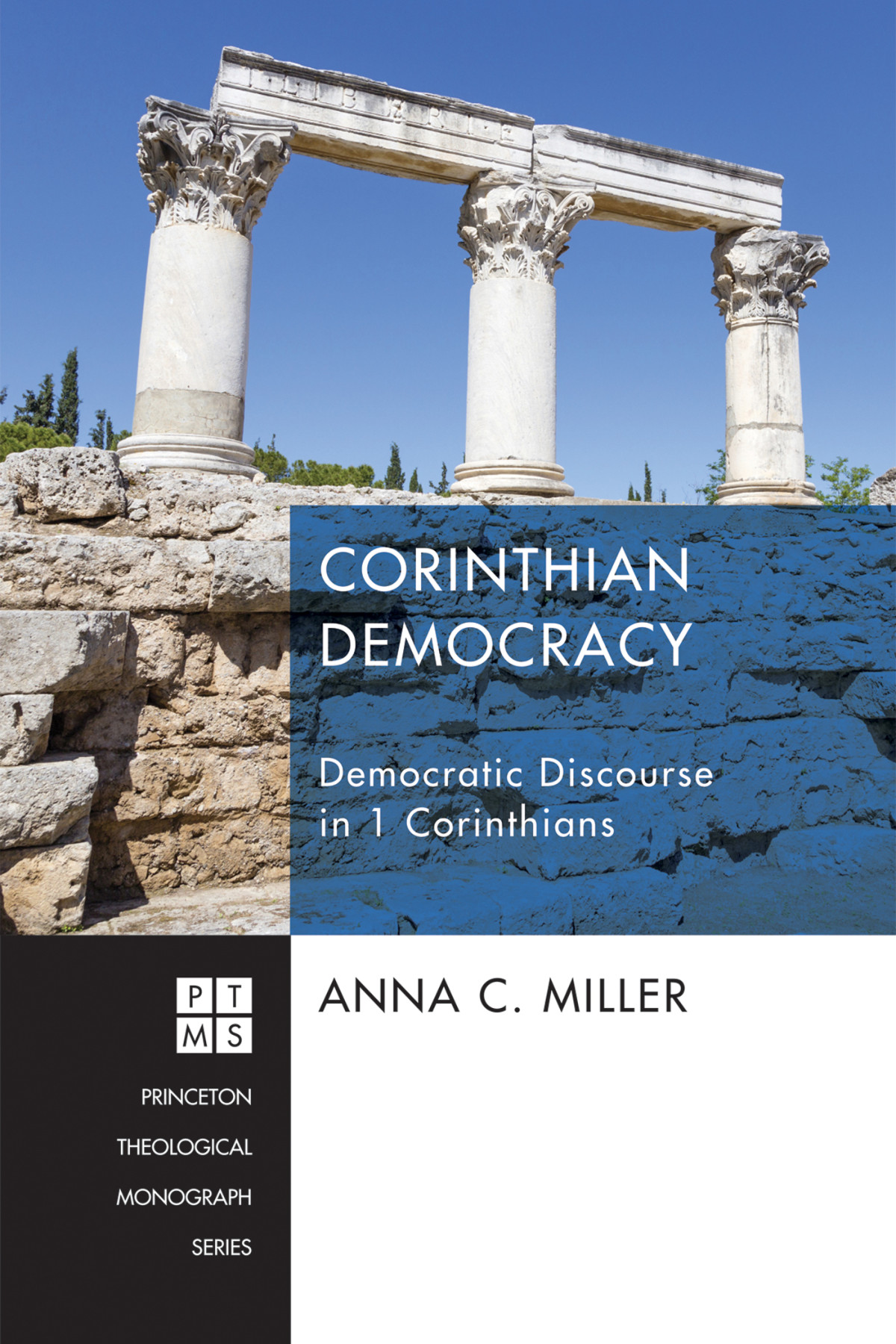

Most ebook files are in PDF format, so you can easily read them using various software such as Foxit Reader or directly on the Google Chrome browser.
Some ebook files are released by publishers in other formats such as .awz, .mobi, .epub, .fb2, etc. You may need to install specific software to read these formats on mobile/PC, such as Calibre.
Please read the tutorial at this link: https://ebookbell.com/faq
We offer FREE conversion to the popular formats you request; however, this may take some time. Therefore, right after payment, please email us, and we will try to provide the service as quickly as possible.
For some exceptional file formats or broken links (if any), please refrain from opening any disputes. Instead, email us first, and we will try to assist within a maximum of 6 hours.
EbookBell Team

4.7
76 reviewsIn this innovative study, Anna Miller challenges prevailing New Testament scholarship that has largely dismissed the democratic civic assembly--the ekkl_sia--as an institution that retained real authority in the first century CE. Using an interdisciplinary approach, she examines a range of classical and early imperial sources to demonstrate that ekkl_sia democracy continued to saturate the eastern Roman Empire, widely impacting debates over authority, gender, and speech. In the first letter to the Corinthians, she demonstrates that Paul's persuasive rhetoric is itself shaped and constrained by the democratic discourse he shares with his Corinthian audience. Miller argues that these first-century Corinthians understood their community as an authoritative democratic assembly in which leadership and "citizenship" cohered with the public speech and discernment open to each. This Corinthian identity illuminates struggles and debates throughout the letter, including those centered on leadership, community dynamics, and gender. Ultimately, Miller's study offers new insights into the tensions that inform Paul's letter. In turn, these insights have critical implications for the dialogue between early Judaism and Hellenism, the study of ancient politics and early Christianity, and the place of gender in ancient political discourse.